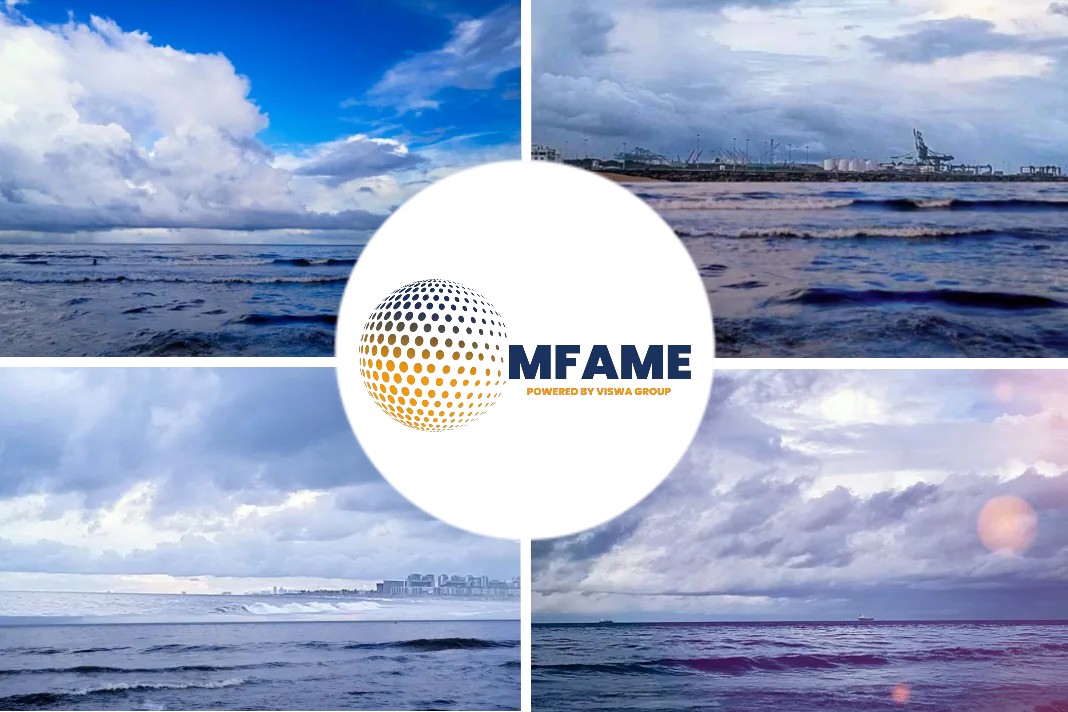- Biofuels and Bio-LNG will be more expensive than other alternatives.
- Consultancy Ricardo has produced the new report on the shipping industry’s decarbonisation pathways for OGCI and Concawe, it said in an emailed statement.
- Pathways are estimated to meet the IMO’s decarbonisation goals.
The cost of a future marine energy scenario has been calculated according to new research as reported by Ship & Bunker.
New research
According to new research, biofuels will be more expensive than alternate possibilities. The cost of a future maritime energy scenario in which emissions are significantly reduced by biofuels.
Pathways to decarbonization
Consultancy Ricardo has produced a new report on the shipping industry’s decarbonisation pathways for OGCI and Concawe. It said in an emailed statement on Tuesday.
The following three pathways were considered:
- The early pursuit of green ammonia and hydrogen.
- Replacing fossil fuels with drop-in liquid and gaseous biofuels.
- Maximum uptake of energy efficiency technologies, carbon capture onboard vessels and the gradual increase of green ammonia and methanol.
Decarbonisation goals
Price forecasts for the various options came from pricing data supplied by IHS Markit.
“All three pathways are estimated to meet the IMO’s decarbonisation goals when calculating greenhouse gas emissions from well-to-wake,” Ricardo said in the statement.
“However, when considering total costs through to 2050, the study estimated that pathway 2, while facing fewer barriers to deployment, would be more expensive than the fuel switches of pathways 1 and 3 that would require new vessel engine investments.”
Did you subscribe to our newsletter?
It’s free! Click here to subscribe!
Source: Ship & Bunker


















